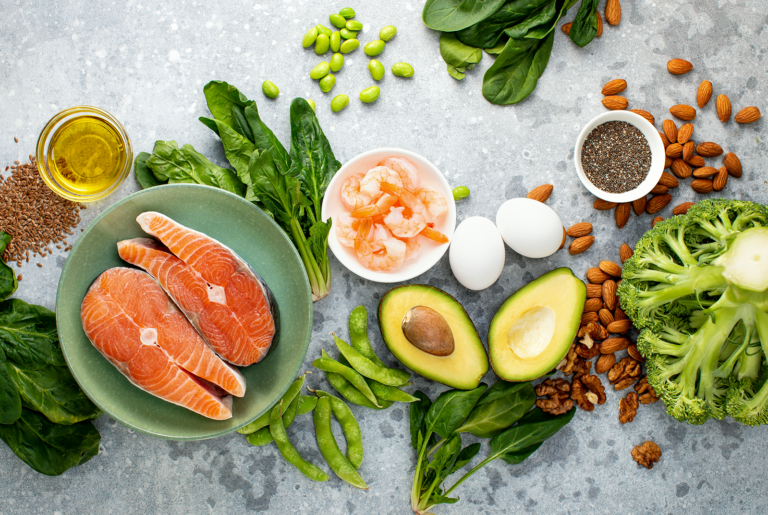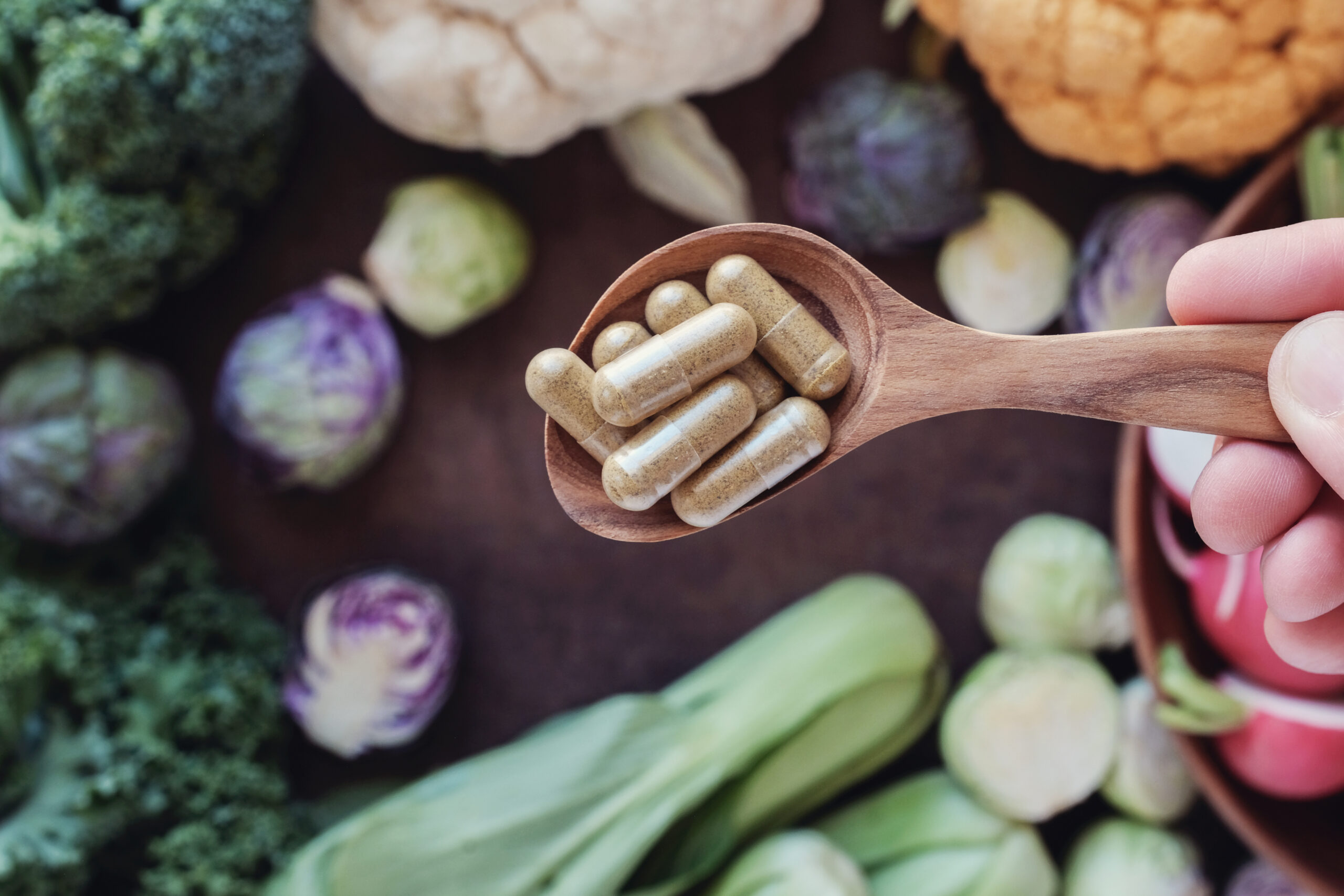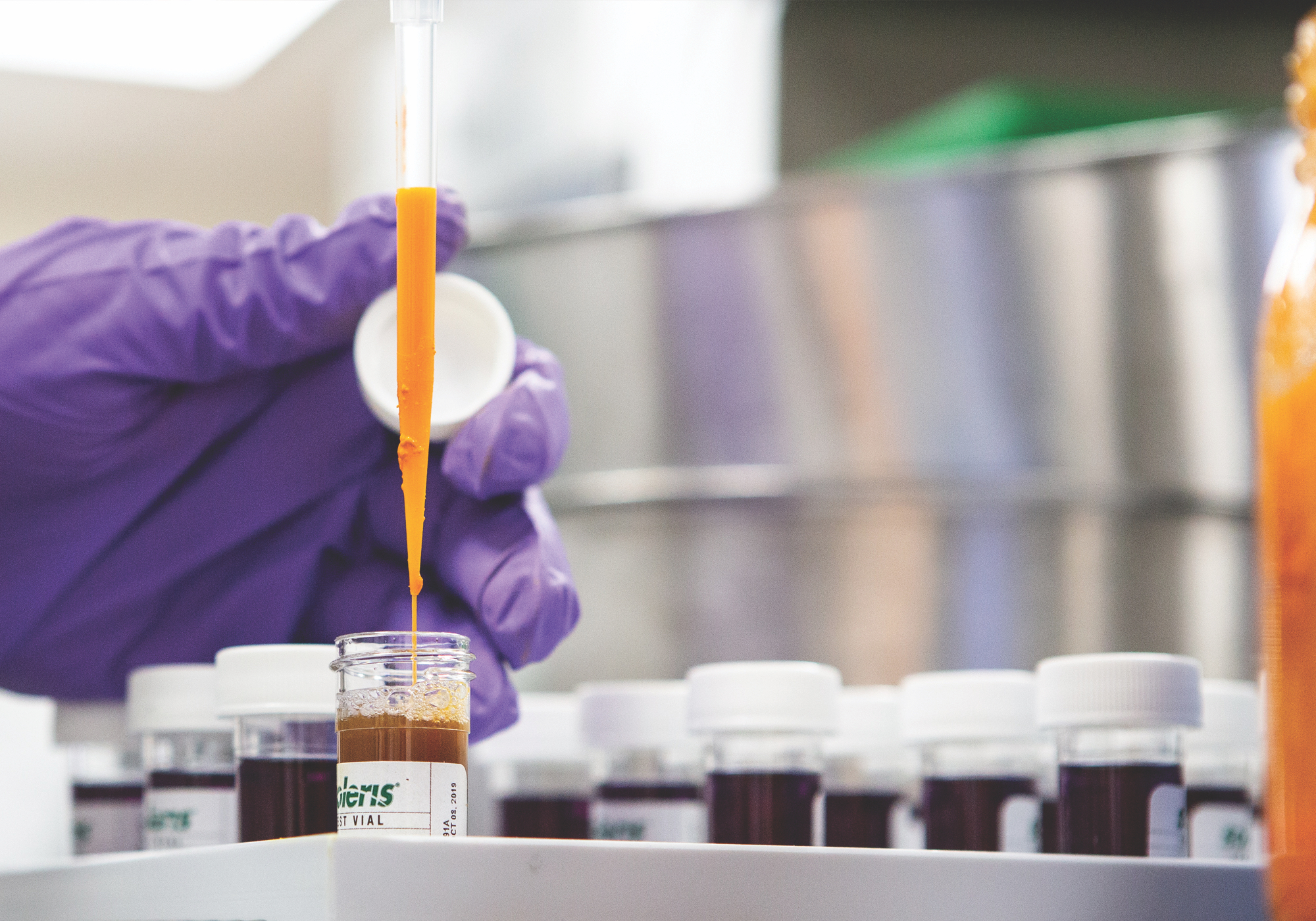Scientific name:Rhodiola rosea
Constituents:
- Phenylpropanoids: rosavins: rosavin, rosin & rosarin
- Phenylethanol derivatives: salidroside (aka. rhodioloside), rhodiolin & rosiridin)
- Flavonoids (p-tyrosol, catechins & proanthocyanidins)
- Phenolic acids & Tannins (gallic acid, caffeic acid & chlorogenic acid)
- Volatile Oil (geraniol)
Medicinal actions:
- Adaptogen
- Antioxidant
- Aphrodisiac
- Cardiotonic
- Hepatoprotective
- Immuno-stimulant
- Nervine Tonic (Cognitive enhancer)
Mechanism of Action & Pharmacology:
- Salidroside (aka. rhodioloside), Rosavins & and flavonoids are potent antioxidants that exert neuroprotective effects and are able to reduce neuronal death and behavioral dysfunction via oxidative stress pathways.
- Salidroside protects endothelium against H2O2-induced injury via promoting mitochondrial biogenesis and function, thus preventing the over activation of oxidative stress-related signaling pathways, enhancing superoxide dismutase (SOD), glutathione peroxidase (GSH) and malondialdehyde (MDA) in serum, heart, liver and brain tissues in vivo.
- Adaptogenic properties & cardioprotective effects have been attributed to its ability to prevent the depletion of adrenal catecholamines induced by acute stress and effecting the release and activity of monoamines such as serotonin, dopamine, and norepinephrine in the cerebral cortex, brain stem, hypothalamus, possibly due to inhibition of the activity of enzymes responsible for monoamine degradation and facilitation of neurotransmitter transport within the brain. Extract also demonstrated a protective effect against neurotoxicity induced by beta-amyloid proteins in cultured rat hippocampal neurons.
- Cardiotonic effects may be due to cyclic AMP elevation in the myocardium. Antiarrhythmic effect has also demonstrated in vivo, may be partially due to an increase in the level of endogenous opioid peptides as can induce opioid peptide biosynthesis through the activation of both central and peripheral opioid receptors. Extract was shown to increase leu-enkephalin (endogenous opioid peptide) concentration in blood plasma, suprarenal glands and myocardium of rats exposed to stress.
Pharmacy:
- Decoction
- Tincture
- Capsules
- Note: Best to begin with low doses and increase gradually; may have paradoxical effects in some patients (e.g low doses are stimulating and high doses more sedating)
Safety & Toxicity Concerns:
- May cause agitation, especially in those prone to anxiety.
- Avoid with excited states and use with caution in bipolar conditions, especially with those with a tendency towards mania.
- Avoid concurrent use with stimulants (e.g. caffeine).
Interactions:
- Theoretical interaction with cardiac medications and antidepressants.







